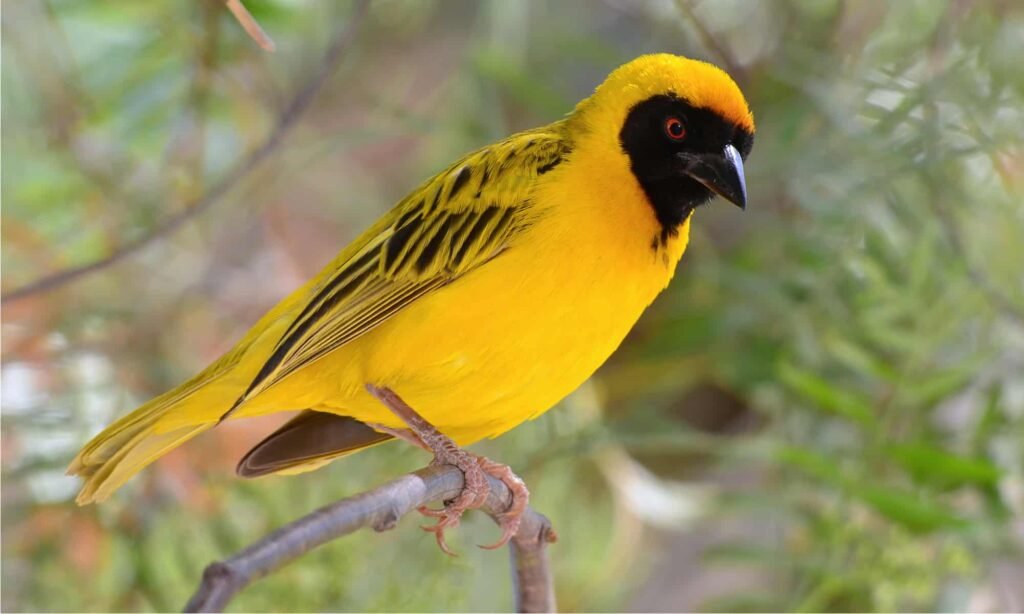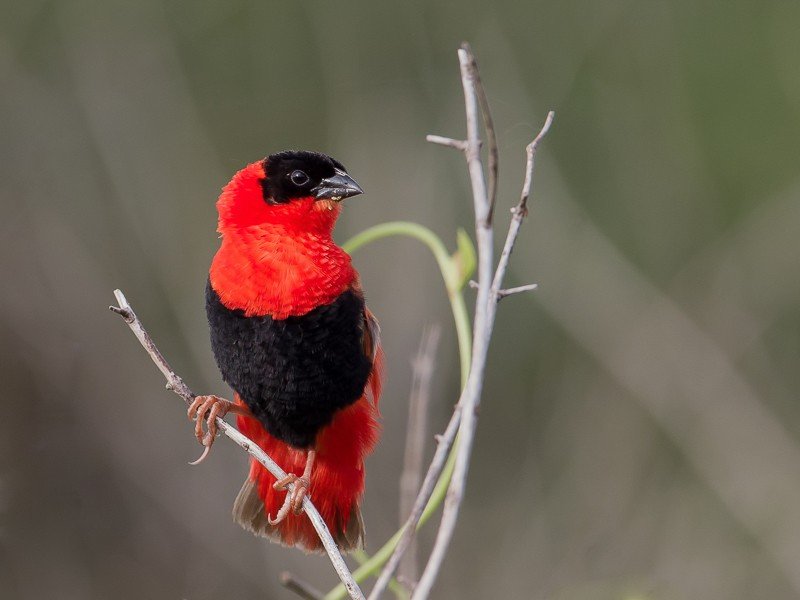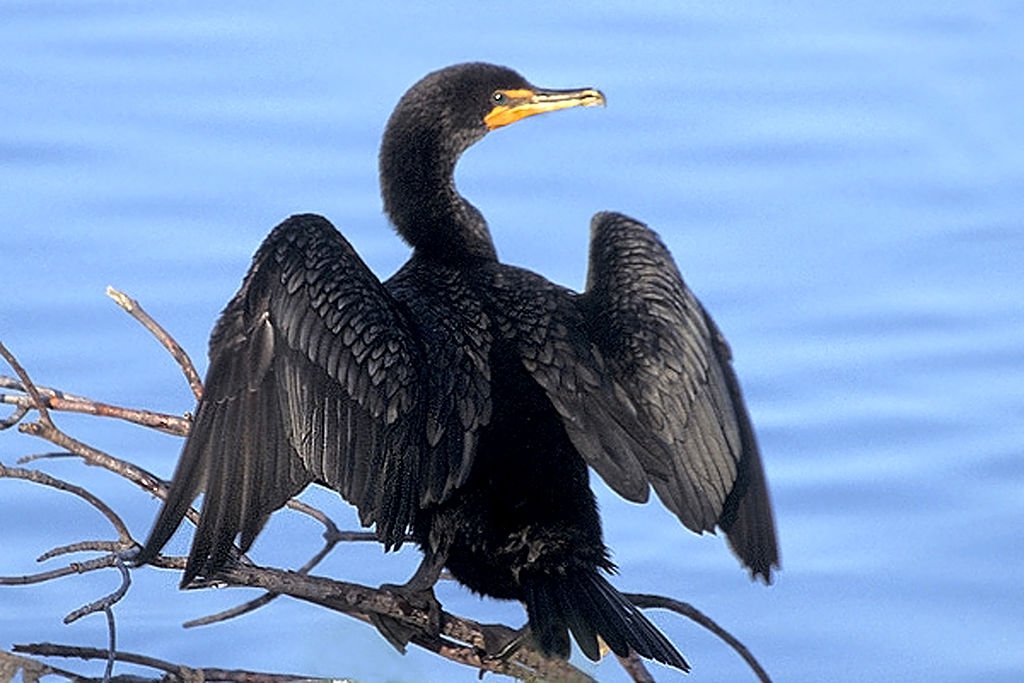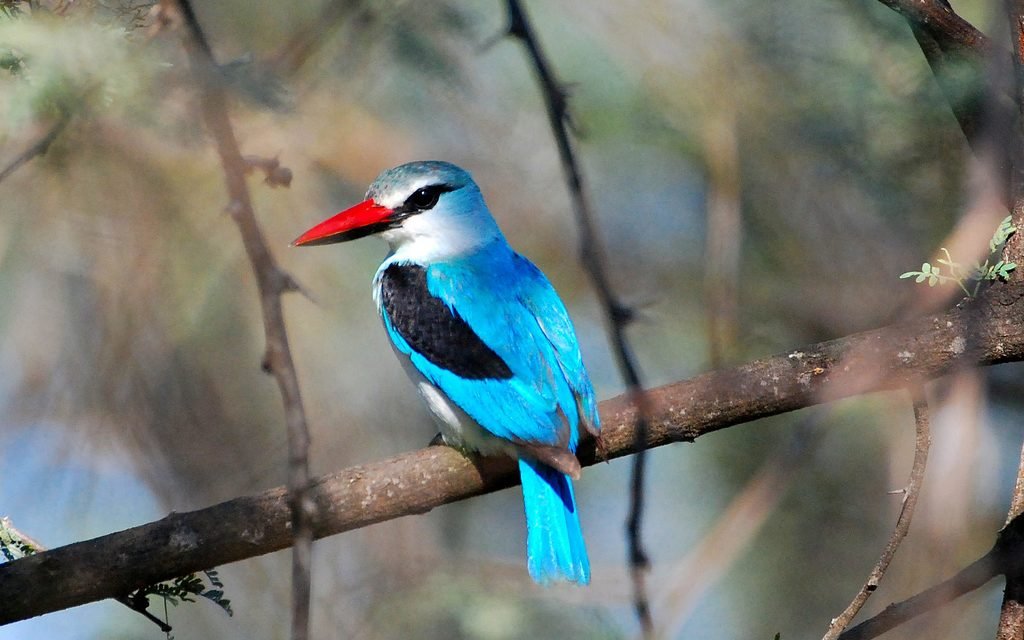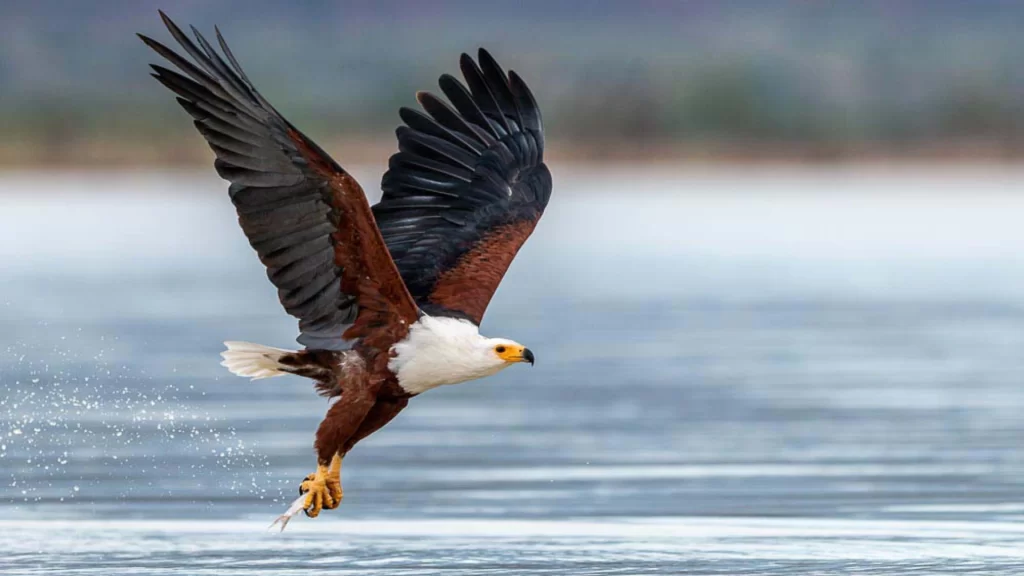Lake Victoria, Africa’s largest lake, spans three countries. Tanzania, Uganda, and Kenya. As the world’s second-largest freshwater lake, Lake Victoria is a magnificent water body covering an area of 68,800 square kilometers. Fishing communities thrive along its shores, making fishing a vital economic activity in the region. Tourism also flourishes, with islands like Ukerewe and Ssese offering pristine beaches and rich cultural experiences. Nature lovers can explore a variety of bird species and rich aquatic life in this gem of the Great Lakes region. Adventure seekers can enjoy boat cruises, sport fishing, and island hopping. The cultural heritage is deeply rooted, with traditional fishing villages scattered along the coastline. The shores of Lake Victoria provide stunning sunset views and authentic East African experiences for travelers.











